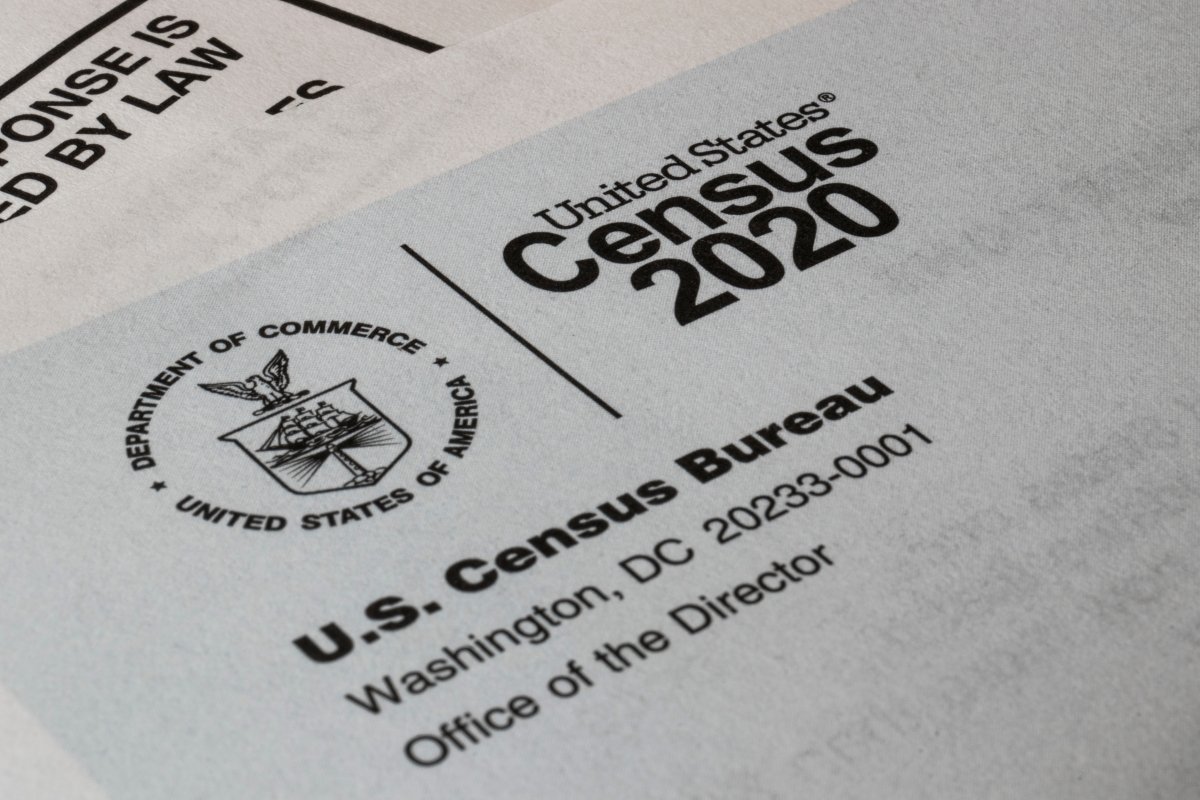Census Division
In the United States, undercounting the population is the new voter suppression.
Read
ACLU attorney Dale Ho defends voting rights, which lately has included protecting the U.S. census from political machinations. Strictly speaking, Ho’s job is nonpartisan, but that’s a complicated line to walk, as voting policies have become more and more polarized along party lines. In recent years, Republican leaders in many states have imposed new voting restrictions targeting racial and ethnic minorities. And President Trump, meanwhile, tried to exclude undocumented immigrants from the reapportionment figures entirely — even after his administration failed in its earlier bid to add a citizenship question to the 2020 census.
Not only were those actions plainly unconstitutional, Ho argues, they would have undermined the proper functioning of government. The census is used to distribute federal funding for schools, hospitals, roads and public works, besides determining how many seats the states receive in the U.S. House of Representatives. Undercounting the population would hurt areas with large numbers of undocumented immigrants and make it harder to provide adequate social services. And while it may seem harmless simply to ask people about their citizenship status, demographers say the question tends to have a chilling effect, keeping even authorized immigrants from responding to the census.
Meet
Dale Ho directs the Voting Rights Project for the American Civil Liberties Union, overseeing the ACLU’s voting rights litigation across the country. He also teaches law at New York University. Ho argued two census cases before the Supreme Court in as many years: Department of Commerce v. New York, which challenged the Trump administration’s effort to include a citizenship question in the 2020 census, as well as Trump v. New York, which sought to overturn the president’s memo excluding undocumented immigrants from the population for the purposes of reapportioning House seats. Ho has testified on election law before Congress, discussed voting rights on CNN and MSNBC, contributed opinion pieces to the New York Times, and published scholarly work in major law reviews. Follow him on Twitter @dale_e_ho.
Ho recently summarized the most damaging attempts to suppress voting rights in last year’s elections — as well as his organization’s efforts to confront them.
Read more about why he and the ACLU took President Trump to the Supreme Court in the process.
By the Trump administration’s own estimate, a citizenship question would have kept 6.5 million people from being counted in the latest census — more than the population of Tennessee. Watch Ho’s elevator pitch on the issue, with actor Ike Barinholtz.
Or go really deep. Writing for the Yale Law Journal in 2018, Ho considered the legal consequences of Shelby County v. Holder, which dramatically limited enforcement of the Voting Rights Act.
Learn
After record turnout in Georgia helped lift Joe Biden over Donald Trump in the presidential election, GOP legislators are looking to impose new restrictions on voting.
President Biden didn’t wait long to reverse Trump’s census memo. An executive order he issued on Inauguration Day required unauthorized immigrants to be counted. It also forced the Census Bureau to stop tabulating citizenship data that Republicans could have used to their advantage when drawing new congressional districts in the states they control.
In deciding Department of Commerce v. New York, the Supreme Court issued a fractured ruling, with Chief Justice John Roberts at the center of a tenuous balancing act. His majority opinion did not find the citizenship question unconstitutional, but agreed that it would probably harm states with large immigrant populations, and ultimately affirmed a lower court ruling forcing the administration to more fully explain its reasoning. So what is the history of citizenship questions on the census? Well, it’s about as tangled as that case. Thomas P. Wolf and Brianna Cea, of the Brennan Center for Justice, offer a nuanced account in the Georgetown Law Journal.
Together with the coronavirus pandemic, Trump’s interference with the census has caused delays in the counting process. In February, NPR reported that the later-than-usual release of census data will cause problems for redistricting and “could throw upcoming elections into chaos” in some states.
In their episode wrap-up, Siva and Will draw a straight line between the politicization of the U.S. civil service and recent jurisprudence on the Roberts court. The conservative majority has been reluctant to intervene in the political process even in cases of overt corruption — as when it threw out the conviction of former Virginia Gov. Bob McDonnell.
Our regular listeners are probably hearing echoes of earlier shows. But in case you missed them: listen to Carol Anderson break down the history of voter suppression in America, and find out from Elizabeth Hinton what the census, voting rights and mass incarceration all have to do with one another.




